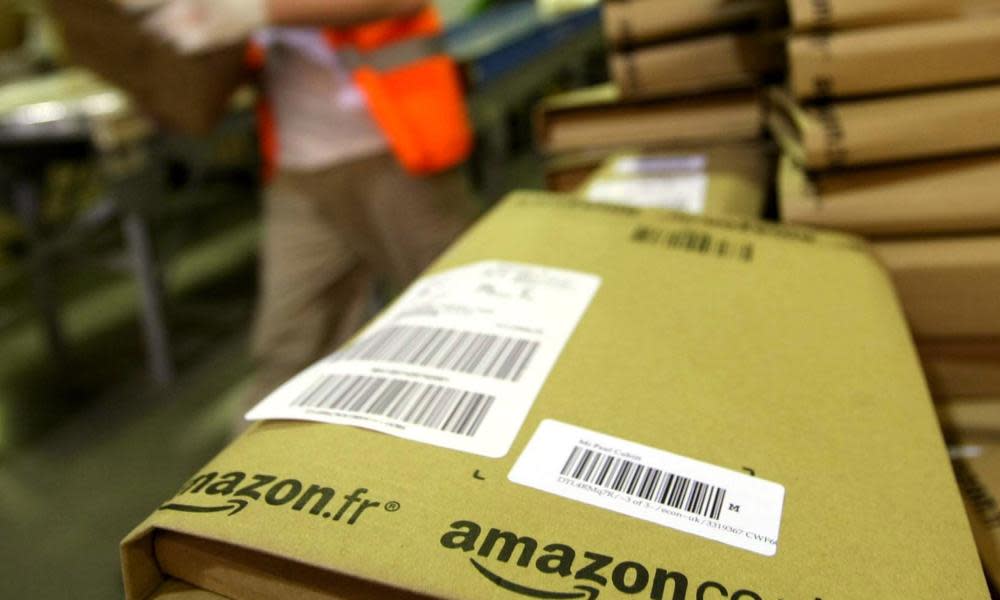VAT fraud crackdown increases liability of website marketplaces

Online marketplaces such as Amazon and eBay will be forced to police their own websites to prevent billions of pounds of VAT fraud, under a renewed government crackdown on the scam.
The move represents the second effort in as many years to close down an estimated £1.2bn-a-year tax fraud and follows a Guardian investigation as well as criticism of HM Revenue & Customs for being slow to act.
The scam involves foreign companies warehousing products in the UK and selling them, VAT free, via internet market places. All traders based outside the EU and selling goods online to UK customers should charge VAT if their goods are already in the UK at the point of sale.
The chancellor told parliament: “We are taking further action to address online VAT fraud, which costs the taxpayer £1.2bn per year, by making all online marketplaces jointly liable for VAT – [and] ensuring that sellers operating through them pay the right amount of VAT.”
Online marketplaces will now be jointly liable with sellers for any unpaid VAT where the “online marketplace knew or should have known that the business should be registered for VAT in the UK”.
Websites will also need to ensure that businesses operating on their site have displayed valid VAT numbers. Previous legislation, introduced last year, only imposed joint liability if the marketplace had not removed a seller 30 days after being informed by HMRC of a breach.
Richard Allen, founder of Retailers Against VAT Abuse Schemes, said: “This is a correction for the stupid bit of legislation they introduced last year which meant that Amazon and eBay did not have to act if they had not been notified of the fraud by HMRC first. If they do this properly it will kill this off. If I was Amazon or eBay I’d be petrified I’d be liable for the VAT if I hadn’t checked the VAT numbers of the sellers adequately, which is the whole purpose of third-party liability.”
Despite the huge amount of money involved in a seemingly unsophisticated crime, HMRC has been accused of being ineffectual in tackling it.
A report into the online VAT fraud, which was published by parliament’s public accounts committee (PAC) last month, concluded: “HMRC has been slow to get to grips with the problem and is not yet doing enough to tackle it. Previous committee reports have highlighted the problem of online VAT fraud as a growing risk.”
The report added: “HMRC has not named and shamed non-compliant traders and so far has not prosecuted a single seller for committing online VAT fraud.”
Among the other measures designed to combat the fraud, the government also vowed to investigate the use of split payments, which involves a third party, such as a bank or marketplace, deducting VAT when they receive payment for goods. It will issue a report on split payments next month.
Neither Amazon or eBay commented on the chancellor’s moves, although both told the PAC that they took VAT fraud seriously.
HMRC did not comment. It has previously said it required further powers to combat the fraud.
• Follow Guardian Business on Twitter at @BusinessDesk, or sign up to the daily Business Today email here.

 Yahoo News
Yahoo News 
